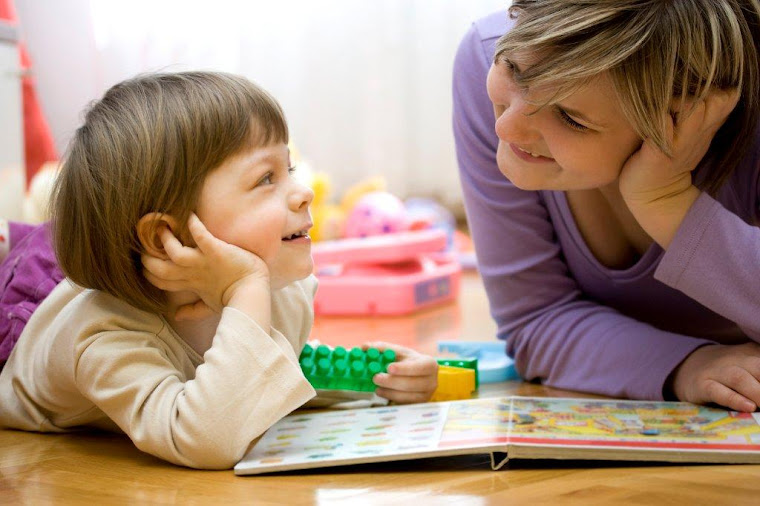A premature baby, known as a premmie here in Australia, is by less than 37 weeks gestation, but with modern medicine and technology, many babies born much earlier than this survive and go on to live happy and productive lives. They can spend many weeks in Neonatal Intensive Care Units (NICUs) and Special Care Nurseries (SCNs) on a rollercoaster ride of progress and crisis before being discharged to their parents' care. Some, unfortunately, do not survive, but are remembered by their families for their struggle to live.
All this means that being the parent of a premature baby can be very stressful and a time of turbulent emotions, often a mix of:
- relief that the baby was born alive;
- fear for the baby's life and fear about lasting damage as a result of the prematurity;
- guilt that something a parent had done might have brought on the prematurity;
- anger and frustration that the pregnancy didn't last the whole 9 months and result in a normal delivery with a healthy baby;
- feeling helpless inadequate as a parent surrounded by humidicribs, tubes, masks and people who seem to know a lot;
- feeling disconnected from the tiny baby lying in a plastic box;
- exhaustion and all the hormonal changes normally associated with giving birth.
Grandparents and friends can play an important part in helping with childcare and housekeeping tasks at home, caring for pets, preparing meals and offering time out for the parents by perhaps maintaining a hospital vigil while the parents can have a meal, go for a walk or do something escapist.
In hospitals with NICUs and SCNs, staff are generally used to working in these situations and are very aware of different responses parents have to the situation and are usually happy to give information and encouragement. It is important that parents ask questions and talk about things they don't understand or that are worrying them. And if necessary, to keep asking until they do understand.
Social workers, hospital chaplains and other professionals are also available to support parents during this difficult time, as are other parents going through the same process. There are also support groups, both online and in person to give information, support and empathy during this difficult period. Life's Little Treasures Foundation has even developed apps to enable you to track your baby's progress and to understand the terms used in NICUs.
LINKS:
Life's Little Treasures
Rogan Family Care Agency services are available to help with child care needs for siblings of children in NICUs/SCNs and for on-going child care arrangements.



